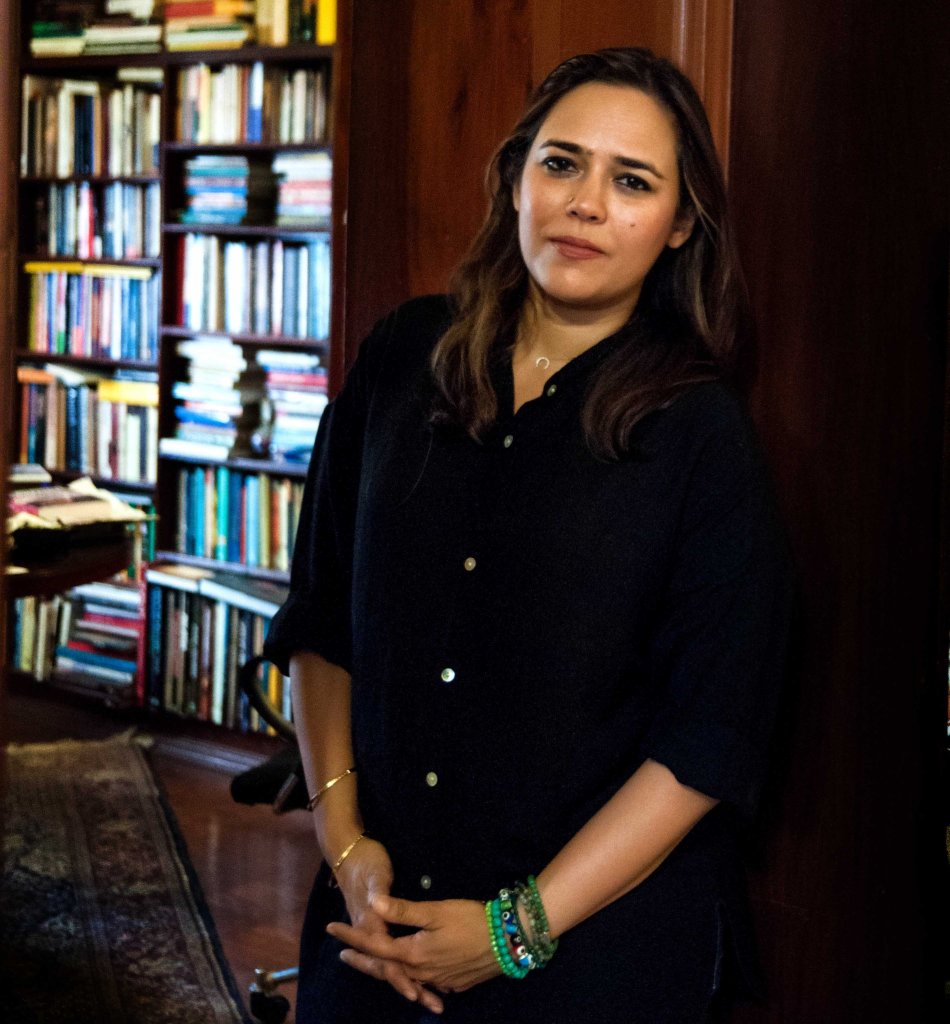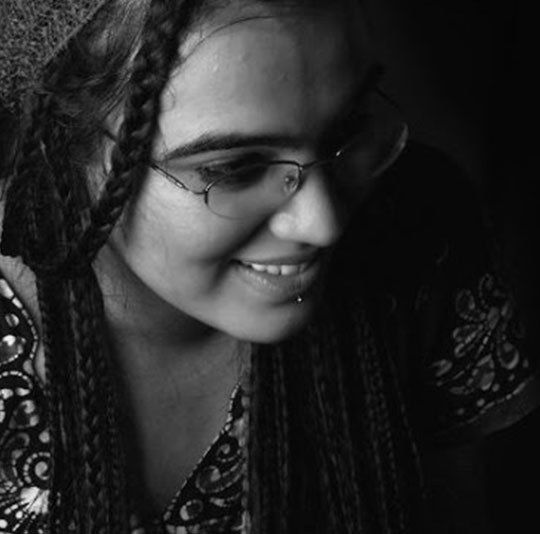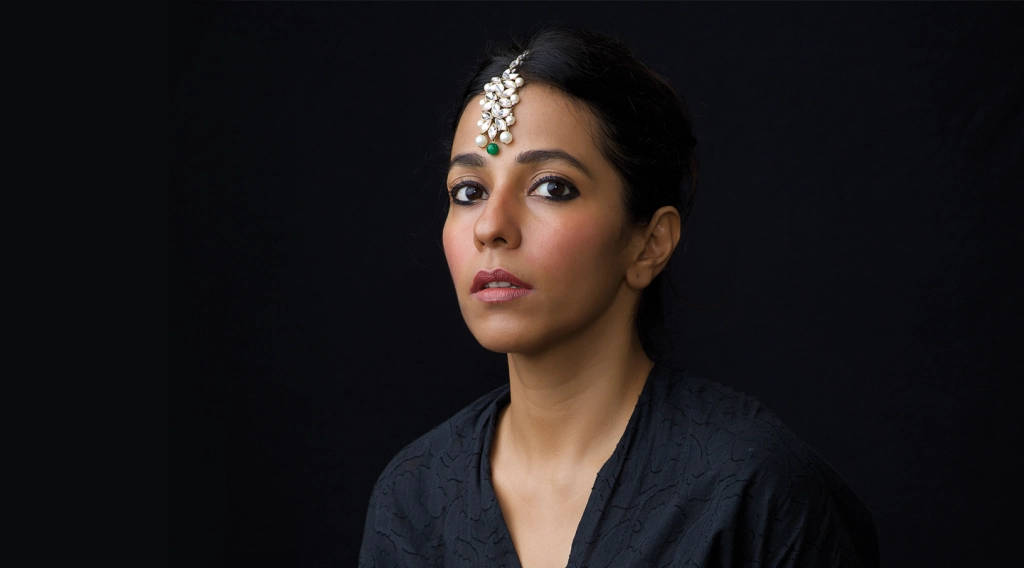What powerful women directors and producers from India and Pakistan had to say at eShe Indo-Pak Peace Summit Led by Women
By Shweta Bhandral
“The more the content travels the more empathy it builds.” – Mehreen Jabbar
“Art reflects society not just by mirroring it but by mirroring it with some perspective.” – Alankrita Shrivastava
“Documentaries are also propaganda; they have narratives that exist within power structures.” – Tazeen Bari
These were a few thoughts shared by women filmmakers, directors and producers from India and Pakistan at eShe Indo-Pak Peace Summit Led by Women this month, where 40 women from across the world discussed, pondered and celebrated ideas for peace.
The panel titled “Firing Imaginations Not Bullets: How Cinema Paves the Way for Peace”, moderated by actor and conflict-resolution specialist Pravishi Das, firmly concluded that cinema could change perspectives and create empathy and harmony in society.
Stories in film and television are a reflection of our society. At the same time, they can also be an agent of change for us. Bollywood’s love stories, song and dance, have a strong fan following across the border. Still, as film and television producer Shailja Kejriwal, a pioneer in getting the two nations together via television, said, “In India, we had no visual reference of Pakistan, their culture and living.”
She shared how before launching Pakistani dramas in India through her work as chief creative officer – special projects at Zee Entertainment, she went and stayed amongst people in their homes to understand what they thought of the content. She said, “Many personal stories came out when I told them that it is Pakistani drama. The most common response was love. Everyone said, ‘Hum kitne similar hain’ (we are so similar).”

It’s not only the shared past but also the culture, values, language, clothes, food, and so much more that one can relate to if you are an avid consumer of Pakistani dramas. Sadly, the repeated rhetoric of hate in mainstream media and pop culture is only encouraging further divide.
Acclaimed film and television director and producer from Pakistan, Mehreen Jabbar rightly said, “The borders are there, and they will always exist, but collaboration and bridging the gap will happen only through stories.”

Award-winning Indian screenwriter and director Alankrita Shrivastava seconded this and pointed out, “A film can’t bring transformation in a complete sense, but by telling stories, cinema can show different perspectives and build empathy for people you never thought about.”
Empathy, sensitivity and acceptance are emotions that entertainment and cinema can induce with their work. As Haya Fatima Iqbal, an Academy and two-time Emmy Award-winning documentary filmmaker from Pakistan, put it, “Empathy is about people being spoken to and heard.”
Speaking about women spearheading the peace initiative, Haya said, “Women’s way of understanding the world, looking at things, and even looking at men is different. The world over, women-only communities are sharing their thoughts as memes or just 140 characters on Twitter, imagine the power of a 40-minute film or a drama.”

For documentary filmmaker and celebrity hairstylist Sapna Bhavnani, the process of making her award-winning documentary on the Sindhi community, titled Sindhustan, was an enlightening experience. She said, “There is no Hindu Sindhi or a Muslim Sindhi; we are all just Sindhis.”
Quoting spiritual leader Dada Vaswani, she added, “We should be happy in this ocean of people we are in. Sindh is not about a piece of land, brick or mortar; it’s who we are, and you can’t take that away from us.”
The filmmakers on both sides are aware of the use of documentaries for spreading propaganda too. Tazeen Bari said, “One knows that so much of what people are going through is because of an unjust system, and we are helpless in that.”

The Pakistani documentary filmmaker reiterated that empathy is most important while telling a story: “I think sensitivity, respect, understanding that people trust you to tell their stories, and a lot of self-questioning are part of the process.”
Being aware of society’s nuances and creating something that builds rather than destroys peace is what filmmakers need to do. These women believe in the power of their medium and understand the responsibility it comes with.
Read also: “Peace That Is Not Built on Justice Is No Peace At All” – Youth Voices at eShe Peace Summit

